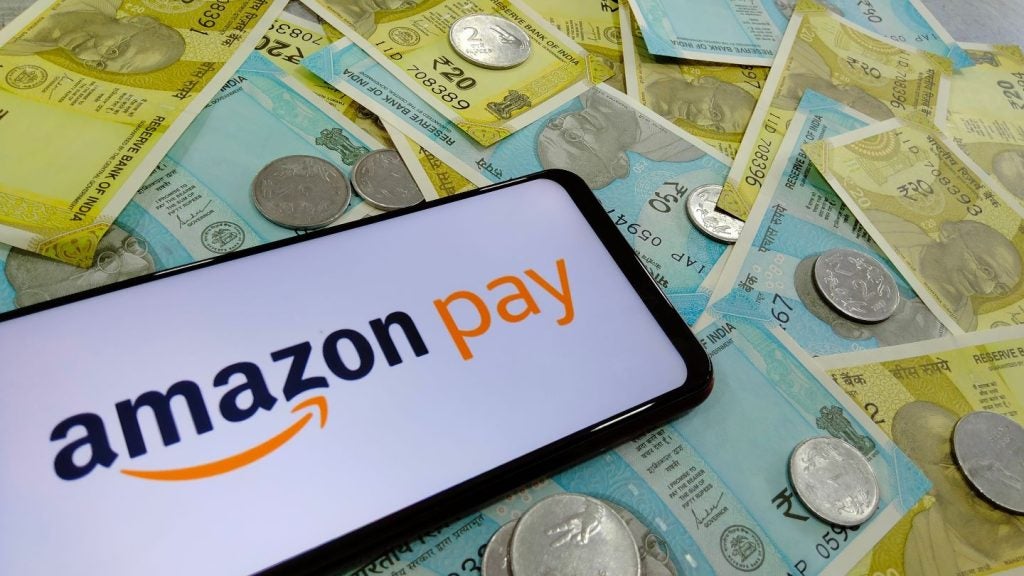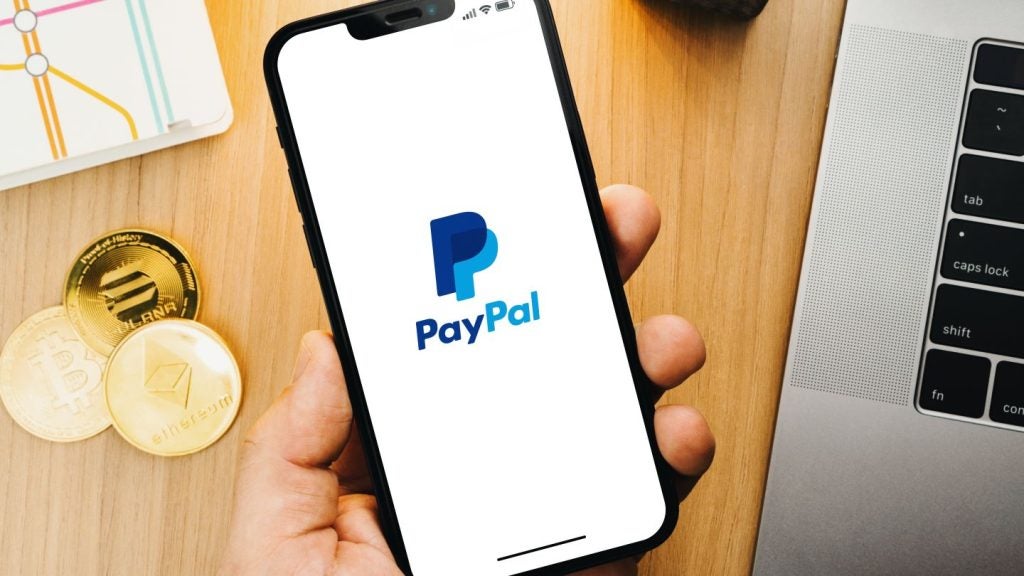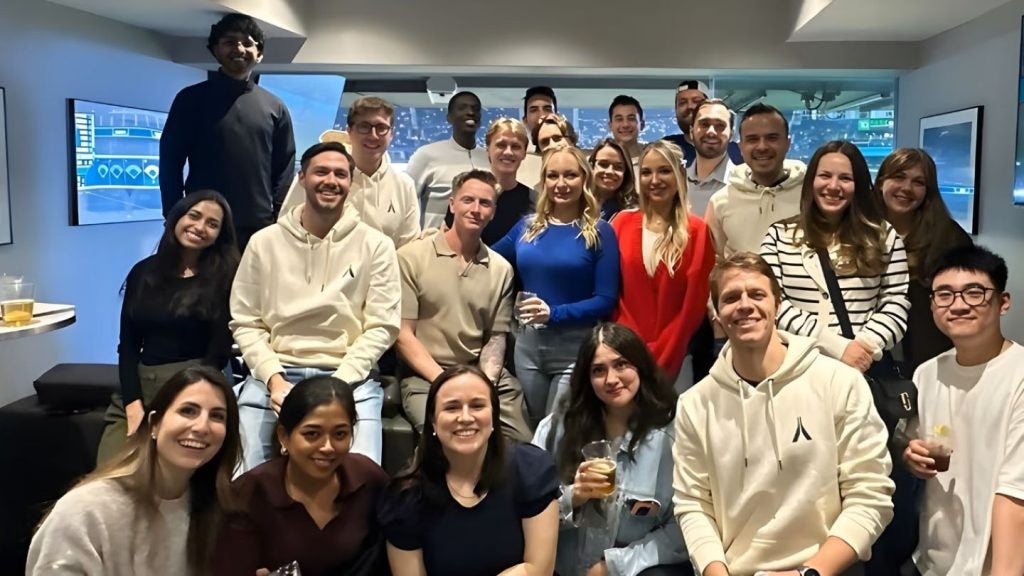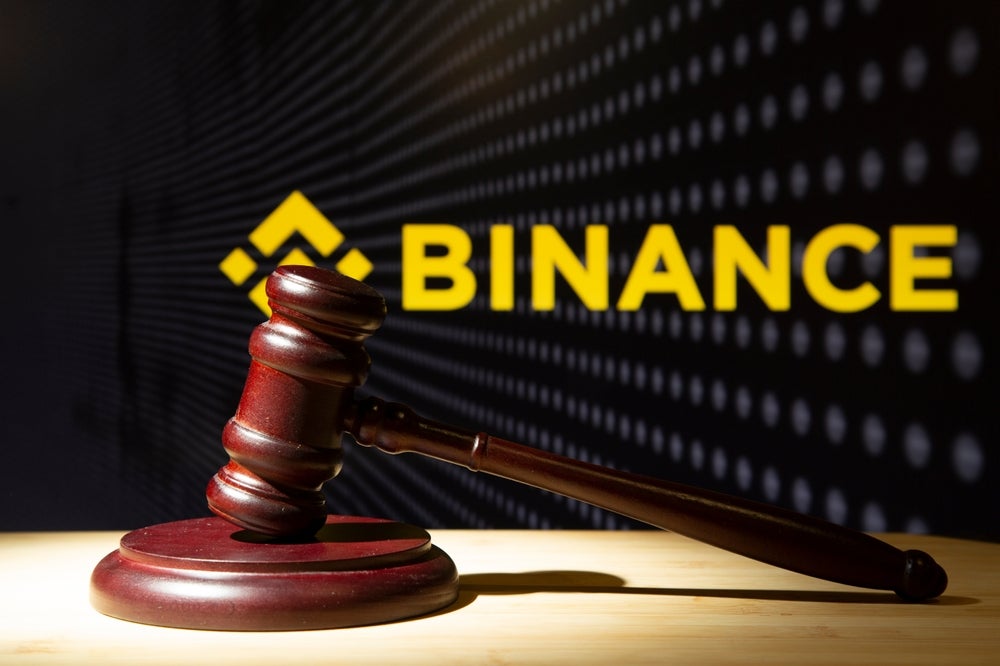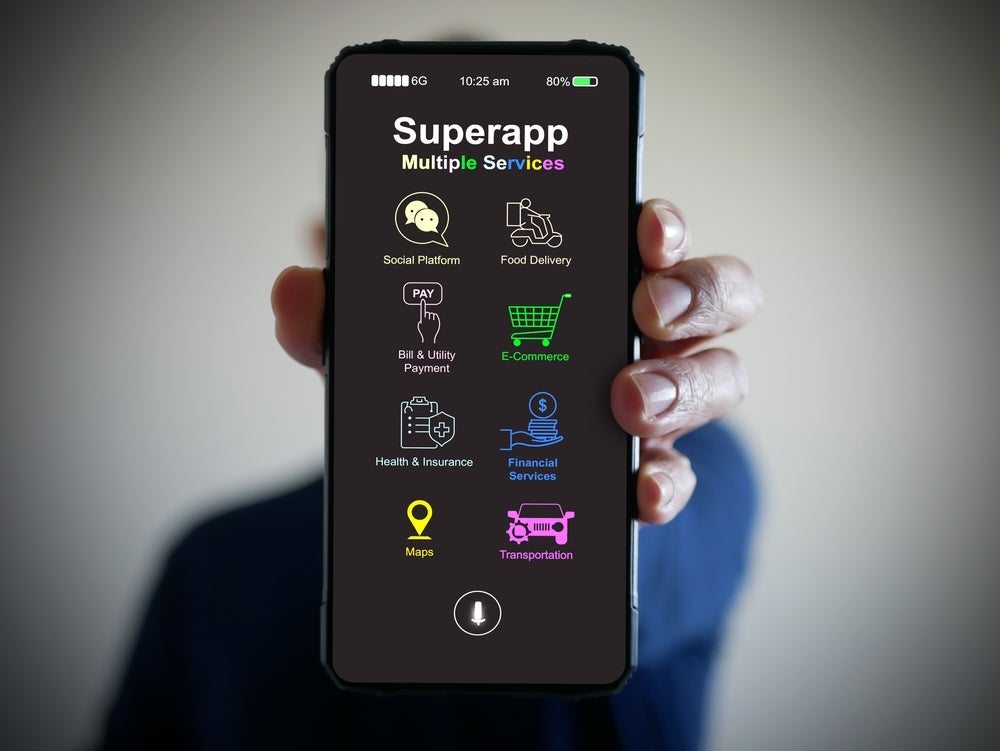
Data released by chargeback technology platform, Chargebacks911, highlights consumers increasing use of mobile wallets such as Apple Pay and Google Pay. Specifically, Chargebacks911Cardholder Dispute Index summarises the reason for this. Consumers have mobile devices on hand at all times. Plastic credit and debit cards are easily left at home, lost or damaged. So, it makes sense to make phones the centre of one’s financial life. This is especially so when they allow for security measures that wouldn’t be possible with plastic cards. Overall, it is estimated that half of the world’s population will use mobile wallets by 2025.
However, the findings also report there are security problems with mobile wallets that aren’t present in other forms of payment. And then there is the pressing issue of chargebacks. In some ways, they are easier through digital platforms than they are through physical cards. It is also the case that because they are linked to payment cards, they are less an alternative payment method than simply a different way in which to access the same accounts as plastic credit and debit cards.
Chargebacks911 Cardholder Dispute Index
“Looking at the statistics from the Cardholder Dispute Index, we can see that mobile banking is more popular with younger consumers than it is with their older counterparts,” said Roger Alexander, a key advisor to Chargebacks911.
“This very clearly indicates mobile banking will become more popular over time. The cohort of young people is growing while the cohort of older people is shrinking. The 54-year-olds who are more likely than not to use mobile banking will age and, like so many generational changes, will become the norm.”
The rise of the super-app
Further afield, in large parts of the world mobile wallet usage is the norm. It is the Western world that is lagging behind. ‘super-apps’ like China’s WeChat and India’s PayTM give users access to a suite of services that in other parts of the world are covered by multiple apps.
What does this mean in the real world? Firstly, Chargebacks911 suggests that high-street banks may be due to decline. There is less use for them when people are paying with their phones and administering their accounts through apps. Secondly, it may mean an increase in chargebacks and APP fraud.

US Tariffs are shifting - will you react or anticipate?
Don’t let policy changes catch you off guard. Stay proactive with real-time data and expert analysis.
By GlobalDataIncreased risk of so-called friendly fraud
Alexander added: “Our Cardholder Dispute Index shows that 72% of respondents consider a chargeback to be a valid alternative to going directly to merchants for a refund. It could be argued that moving the sales experience into an entirely digital realm makes ‘friendly fraud’ (or first-party misuse) much easier. Claiming a chargeback with a few presses on a screen has much less friction than calling a customer service line or going into a bank branch. This effect may be part of the rise in chargebacks over the years.”
The research also shows that the majority of cardholders choose to utilise the chargeback process because they offer faster solutions than a merchant’s refund process. And that after one successful chargeback attempt, 87% of cardholders are likely to make another.
“The move to digital wallets is a boon for consumers, merchants and the entire payments ecosystem,” said Alexander. “But we can’t ignore the downsides. Making payments easier has the knock-on effect of making chargebacks easier. But it is possible for merchants to have their cake and eat it. Using AI-driven chargeback solutions like Chargeback911’s can allow companies to prevent illegitimate chargebacks while allowing customers to use the payment methods that they want.”



